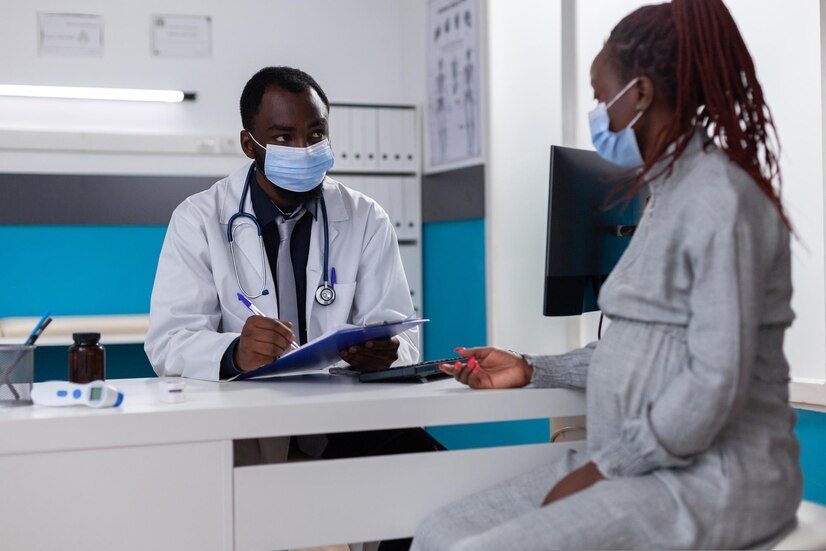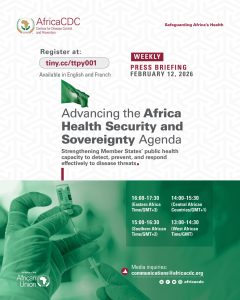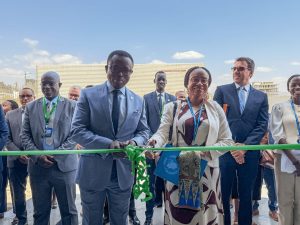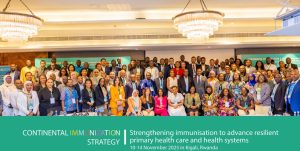In the wake of the current Mpox outbreak that has spread across 13 countries and led to over 18,000 cases in Africa in 2024, a delegation from Africa CDC visited South Sudan to assess its preparedness and response capabilities.
The outbreak has affected four of South Sudan’s neighbours—Kenya, Uganda, Central African Republic (CAR), and the Democratic Republic of Congo (DRC). On its own, the DRC has reported over 14,000 cases, accounting for 96% of confirmed cases in August.
Mpox, a disease characterised by two genetic clades (I and II), has evolved into distinct groups. While Clade II was responsible for the 2022 outbreak, Clade Ib is associated with more severe illness. Both the Africa CDC and the World Health Organization (WHO) have declared the outbreak a continental and global emergency, respectively.
Dr Mazyanga Lucy Mazaba, the Regional Director for East Africa, led the Africa CDC mission to South Sudan, her first mission since her appointment in July 2024. The visit focused on strengthening collaboration between Africa CDC and the Ministry of Health in South Sudan, particularly in enhancing the country’s public health security and response systems.
During the mission, Dr Mazaba met with South Sudan’s Minister of Health, Yolanda Awel Deng, and other key officials, including Under Secretary Dr Harriet Pasquale. The delegation also engaged in discussions with Dr Kediende Chong, Director General of Preventive and Promotive Services and Africa CDC’s focal point in South Sudan. These discussions centred on expanding Africa CDC’s Emergency Operation Centres and enhancing the Field Epidemiology Training Programme (FETP) and surveillance systems.
A significant part of the visit involved detailed discussions on operationalising South Sudan’s National Public Health Institute (NPHI). Both Dr Mazaba and Dr Angok Gordon Kuol, head of the institute NPHI reviewed ongoing programmes and explored additional support avenues, particularly in workforce development through the in-country FETP. Africa CDC is committed to advocating for the smooth transition of the NPHI into a fully functional entity capable of effectively coordinating public health activities nationwide.
Dr Mazaba also highlighted the importance of strengthening cross-border surveillance and enhancing point-of-entry monitoring, especially considering the current Mpox outbreak. She stressed the need for continuous information sharing and collaboration among member states through existing Africa CDC and regional mechanisms to ensure a robust and coordinated public health response.
“The commitment from the Minister and her team is a strength that Africa CDC and all health sector stakeholders can leverage to advance the agenda of strengthening health systems and public health security in South Sudan,” said Dr Mazaba.
Ms Deng reaffirmed South Sudan’s alignment with Africa CDC’s mandate, acknowledging the crucial role the organisation plays in securing the health of populations across Africa. The mission also included meetings with WHO’s Officer in Charge, Dr Mutale Nsakakhalo Sakwe, and African Field Epidemiology Network (AFENET) Resident Advisor, Dr Gildo Okure. These discussions focused on deepening collaboration in emergency preparedness, cross-border surveillance, and workforce development—key areas where Africa CDC and its partners can work to enhance South Sudan’s public health infrastructure.







